What is a "hardy-Annual"?
emerogork
9 years ago
Featured Answer
Sort by:Oldest
Comments (17)
lazy_gardens
9 years agoemerogork
9 years agoRelated Professionals
Vernon Hills Landscape Architects & Landscape Designers · Wixom Landscape Architects & Landscape Designers · Brandon Landscape Contractors · Elkridge Landscape Contractors · Fair Oaks Landscape Contractors · Fort Mill Landscape Contractors · Kearny Landscape Contractors · Nutley Landscape Contractors · Pikesville Landscape Contractors · Whitehall Landscape Contractors · Palos Hills Landscape Contractors · East Ridge Driveway Installation & Maintenance · Royal Oak Driveway Installation & Maintenance · Anaheim Driveway Installation & Maintenance · Statesville Decks, Patios & Outdoor Enclosuresfloral_uk z.8/9 SW UK
9 years agorhizo_1 (North AL) zone 7
9 years agofloral_uk z.8/9 SW UK
9 years agojaynine
9 years agograndmamaloy
9 years agofloral_uk z.8/9 SW UK
9 years agoclaydirt
9 years agofloral_uk z.8/9 SW UK
9 years agosue
9 years agoemerogork
9 years agoken_adrian Adrian MI cold Z5
9 years agoemerogork
9 years agorhizo_1 (North AL) zone 7
9 years agoTiffany, purpleinopp Z8b Opp, AL
9 years ago
Related Stories
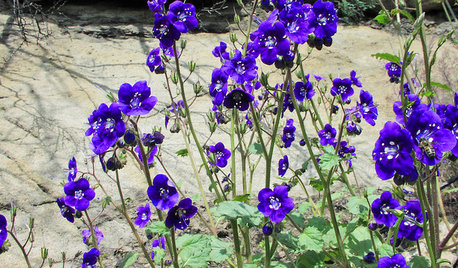
GARDENING GUIDESGreat Design Plant: Annual Phacelias
Coveted by California beekeepers and wildlife gardeners, phacelias are worth planting now for their prolific blue to purple spring blooms
Full Story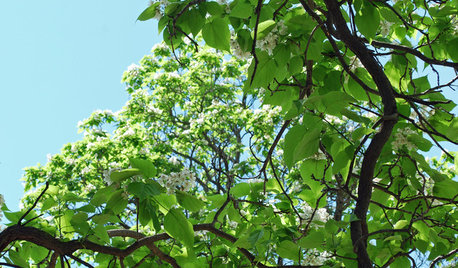
LANDSCAPE DESIGNGreat Design Plant: Retreat to the Shade of Hardy Catalpa
Big foliage and a towering height provide a shady respite in summer, but that's not all hardy catalpa offers dedicated gardeners
Full Story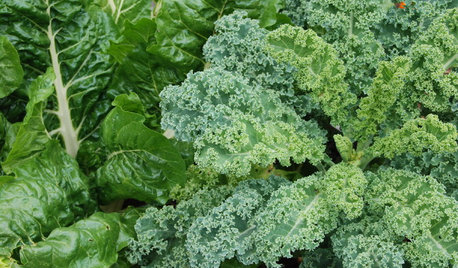
FALL GARDENINGFrost-Hardy Foliage That Loves a Cold-Climate Garden
When winter cuts a bleak swath through other plants, these edibles and perennials flourish brilliantly
Full Story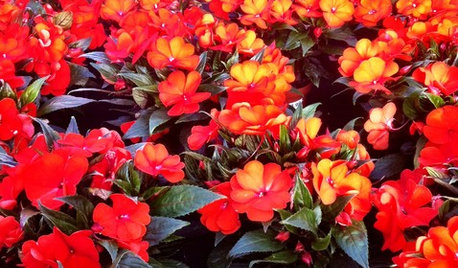
GARDENING GUIDESBright Plants for Flower Beds That Wow
From new annual and perennial varieties to grasses, get dramatic with swaths of color
Full Story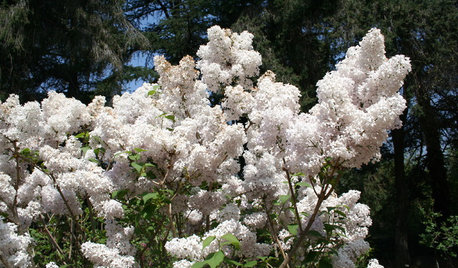
REGIONAL GARDEN GUIDESPacific Northwest Gardener: What to Do in April
Get ready for annual flowers and watch out for snails to ensure a bountiful garden now through summer
Full Story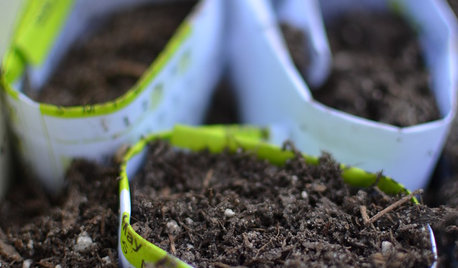
SOUTHWEST GARDENINGTexas and Desert Southwest Gardener's January Checklist
Since snow doesn't swirl in these parts, it's time to get fruit trees in the ground, check irrigation and color the garden with annuals
Full Story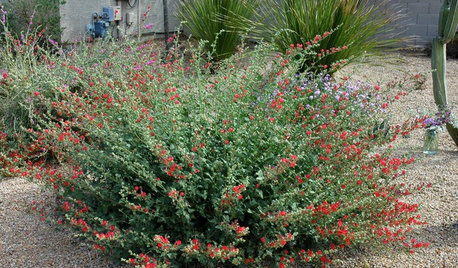
GARDENING GUIDESSouthwest Gardener's February Checklist
Orange you glad for a citrus-fertilizing reminder? And don't forget the recommended doses of vegetable seeds and cold-hardy flowers
Full Story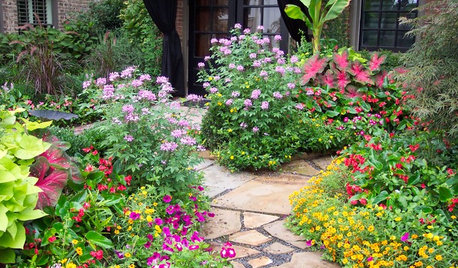
GARDENING GUIDESTexas Gardener: What to Do in June
Don't be discouraged by the dry summer heat — hardy plants, container gardens and smart watering can help landscapes thrive
Full Story0
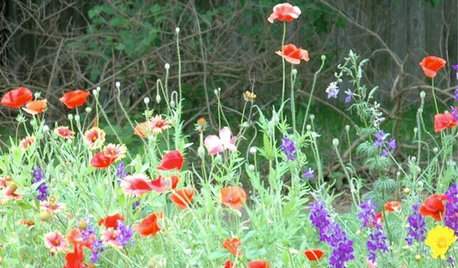
GARDENING GUIDESTexas Gardener's October Garden Checklist
Earn a "free" bonus by dividing perennials, make planting a priority now for hardy growth next year and keep an eye on your lawn
Full Story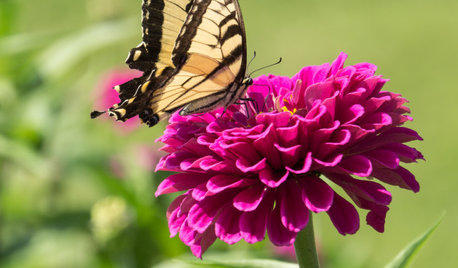
GARDENING GUIDES20 Favorite Flowers for Butterflies and Bouquets
Discover perennials and annuals that do double duty as butterfly magnets and versatile cut flowers
Full StoryMore Discussions






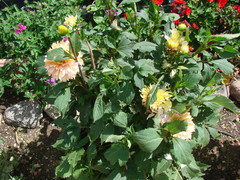

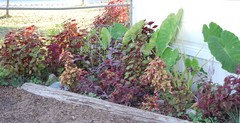
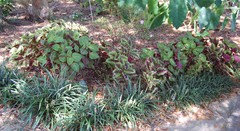

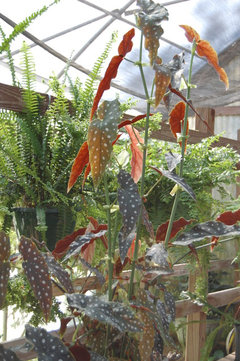
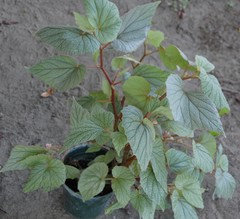
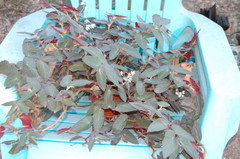
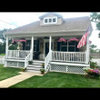
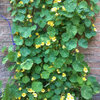
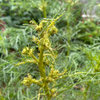
floral_uk z.8/9 SW UK